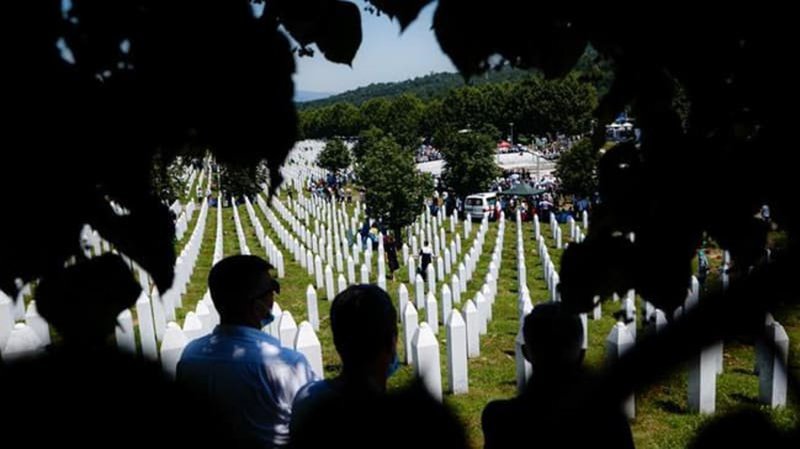
Bosnian-Canadians mark 25th anniversary of Srebrenica massacre
Mirela Hodzic Sivic’s mother has told her stories about her father, but she doesn’t have her own. Those memories were lost in the carnage of the Srebrenica massacre that claimed his life a quarter of a century ago.
At just seven years old, she was living with her mother and brother in a refugee camp in Turkey, speaking to her father in Srebrenica a couple times a year until 1995, when they planned to reunite.
They didn’t get the chance. He was among 8,000 Muslim Bosnian men and boys killed in the massacre.
It was only after moving to Canada at the beginning of high school that she recognized how the war had stolen her childhood.
